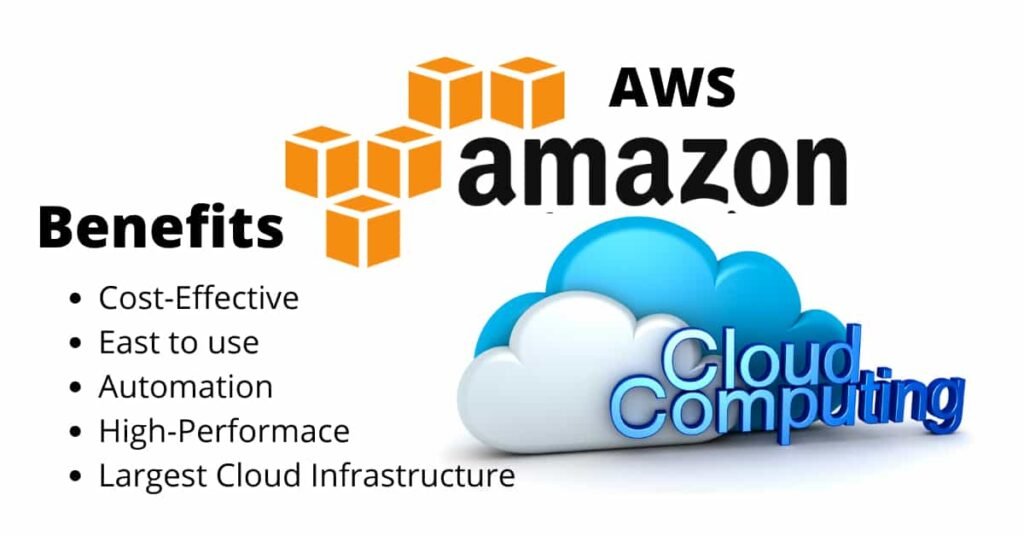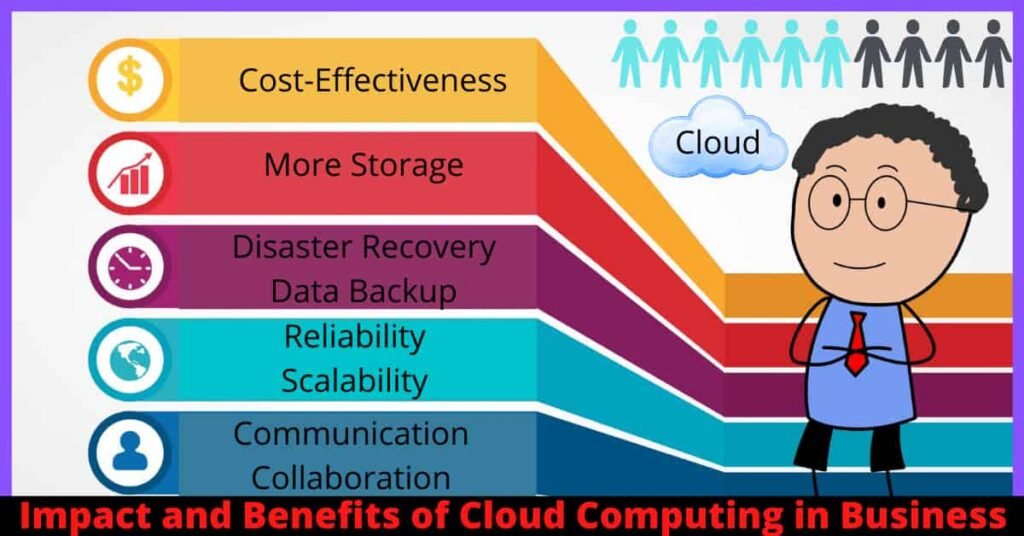Cloud Content Management System is the part of information technology (IT) that manages, distributes, archives, retrieves, controls, and distributes information within a cloud-based hosting environment under both SaaS and on-premises models using Docker containers.
A Cloud-based Content Management System (CMS) is a software and digital platform that helps users to easily design, build, change, control, and be responsive on your website without having to learn any coding.
The core CMS features of a content management system are all you need to create and edit content such as content organization, workflow, reporting, user and various role-assigned administration, security, multilingual content capabilities, and multichannel scalability. In addition to that performance, flexibility, personalization, and analysis.
Let’s try to understand – What is Cloud Content Management System?
![What Is Cloud Content Management System (CCM) [CMS 2023] 1 Content Management System: CLOUD CMS](https://mywebshosting.com/wp-content/uploads/2022/01/Cloud-Content-Management-System.webp)
What Is Cloud Content Management System
A cloud content management system is part of information technology (IT) that manages, delivers, collects, retrieves, controls, and distributes the information within a cloud-based hosting environment under both a Saas and On-Premises model using Docker containers.
A Cloud-based Content Management System (CMS) is a software and online platform that helps users to easily build, design, control, and can transform to be a responsive websites without having to know any coding. Even novices can easily create and design an attractive-looking, responsive website.
However, a Content Management System (CMS) that works on a cloud environment may be referred to as Content-as-a-Service (CaaS), which is a specific type of version of SaaS. Although in its simplest form, a cloud CMS (or CaaS) refers to a headless content management system that keeps all basic and root content on the cloud.
This platform uses application program interfaces (APIs) to access or deliver this original or raw content when called by various clients, devices, or channels, where it can be presented and then accessed by end-users.
What Is Cloud Content
Nowadays more and more content is stored using cloud content management systems. Cloud Content refers to all structured and unstructured data that you store, share, distribute and access at any time using cloud services.
What is the “content” in a Content Management System
In a content management system, “content” includes all files and database information that controls, manages, and handles critical business operations at your organization.
In addition, a content management system consisting of all types of files such as Word documents, PDFs, Excel sheets, video files, images, etc. is made accessible, so you can easily edit, modify, distribute and transfer them to the right people at the right moment.
What is Meant by Content Management
In 2022 we may see more content being accessed and shared on mobile devices than ever before. As a result more and more companies are bringing their business to the cloud. In addition, cloud content management addresses how that content is effectively managed, protected, handled, and used to help workflows within and outside an organization.
This includes access to files, sharing, storage, management of files, and permission control, and the ability to allow multiple people to work simultaneously from a remote area.
What is an Enterprise Content Management System
An enterprise content management system is what enterprises use to access, store, share, send, and file content related to key business processes. Cloud-based content management systems power cloud services to allow company customers and employees to access files from anywhere, on any type of device.
Why Is Content So Important
The database and various files of any company’s content management system contain valuable information such as budget reports, sales report spreadsheets, business contracts, training materials (videos), sales-purchase, and client records, and much more. For all companies, this database is of utmost importance to your business strategies, and keeping it secure is also important.
![What Is Cloud Content Management System (CCM) [CMS 2023] 2 What is Cloud Content Management Software](https://mywebshosting.com/wp-content/uploads/2022/01/what-is-cloud-content-management-services.webp)
Cloud Content Management Definition
A Content Management System (CMS) is a software tool and provides a flexible platform that helps users to easily develop, modify, manage and be responsive on your website or blog without any coding knowledge or skill.
Meanwhile, there is the fact that cloud computing is now almost ubiquitous within organizational functions. Several institutions and their studies estimate that 94% of enterprises already use the cloud in some states and by 2022 more than 80% of enterprise workloads will be shifted to the cloud.
However many business startups are willing to use speed, flexibility, and security. It’s true that ease of deploying and managing cloud services comes with more than half of enterprises spending more than $1 million annually to build out their infrastructure. Even IDC suggests that spending on cloud services will reach about $500 billion by 2023.
Different Types of Cloud Content Management Services
Whenever you choose a Content Management System (CMS) for your business, it requires understanding the differences between the different types, their pricing, features, and functions.
| Types Of Services | Description | Example |
| Open Source CMS | Open-source CMS providers, such as WordPress and Drupal, with no initial cost to start. | WordPress, Drupal, Joomla |
| Proprietary CMS | Commercial or proprietary CMS is created and managed by a single software company. Using such CMS usually requires a license fee to use the software. | Microsoft SharePoint, IBM Enterprise CMS, Shopify |
| Software as a Service (SaaS) CMS | CMS solutions in SaaS typically include web content management software, web hosting service, and full technical support with a single provider. Furthermore, these are virtual ecosystems hosted in a cloud platform and are typically based on a subscription model, usually on a per-user or per-site basis. | Acrobat.com, Box.net, and Google Docs |
| Fully Cloud CMS | Fully cloud content management systems typically come as part of a service or package and exist primarily on SaaS (cloud). Since providers are managed and proprietary systems, it is not always possible to customize their functions according to your needs. | – |
| Partial Cloud CMS | The ‘Partial Cloud’ CMS is contained on your own cloud web server. Generally, it provides greater scalability, and flexibility because you can modify the functionality, either with add-on modules or by changing the source code. | – |
| Hybrid Cloud CMS | Typically, hybrid cloud content management configurations occur when content is either on-premises or in a private cloud, but also allow third-party cloud services and in-house coders to customize their functionality. | – |
The Capabilities of a Cloud Content Management Platform
Basically, enterprise-level cloud content management is the integration of the integrated, cloud-native content systems with advanced security and management. It’s all built around a business enterprise cloud content management platform that can integrate a wide range of content services together. These capabilities may include:
● Scalability of a cloud-based platform to meet the demand of users.
● The cloud network is equipped with Artificial Intelligence (AI) technologies, including Machine Learning (ML).
● Cloud service fast speed because of valuable time.
● Cloud content management platforms must provide intelligent security, flexibility, and privacy controls and meet current and future security needs.
● The cloud content management platform aims to provide a user-centric customized and personalized user experience with mobility and stability across devices.
Why Do You Need Cloud Content Management Solutions
The data and content of all files of companies in the management system include valuable information such as a budget report, sales reports, product descriptions, business contracts, training materials or tutorials, sales-purchase spreadsheets, and client records, and much more. For all businesses, this data is of the utmost importance to shape your future business strategies, and keeping them secure is also important, so the cloud is the best platform to keep the content safe.
What Are The Benefits Of Cloud Content Management?
There are many benefits to using cloud content management systems for both enterprises and the general users working within them, and it helps accelerate digital transformation tasks with more flexible implementation options.
Here are eight ways you can address these challenges and gain a competitive advantage by moving your content management system to a cloud platform.
● It ensures seamless, efficient access to information to be shared and collaborated across the organization and external entity of sellers, partners, and customers.
● You gain the flexibility and agility to meet changing privacy, compliance, and security issues with ease.
● It supports identifying and extracting the most value from content and data.
● It helps you free up fund expenditure with low-cost document management and overall brings down its cost.
● It also improves business workflow with data management, content management, disaster recovery, and data security.
● The most useful feature of cloud document management systems enables enterprises to save on equipment costs.
● When you implement this you will be able to do business development with low maintenance and scalable content management.
● Cloud content management systems cost much lower than on-premises ecosystems because you don’t have to deal with software maintenance, hardware, operations, and implementing this technology is a smart choice for businesses of all sizes.
What Are The Five Example Of Content Management System
● Document Management System (DMS)
● Web Content Management System (WCMS)
● Digital Asset Management System (DAM)
● Component Content Management System (CCMS)
● Enterprise Content Management System (ECM)
What Are Examples Of Popular Content Management Systems
Here are ten content management systems (CMS) examples:
■ Drupal
■ Joomla
■ Magento
■ Squarespace
■ Wix
■ Ghost
■ OpenCms
■ Silverstripe CMS
■ Microsoft SharePoint
Cloud Content Management Companies
There are many cloud content management companies operating in the industry, here are the names of some of them:
| Cloud Content Management Providers | |
| ● | Apple’s iCloud |
| ● | Box |
| ● | IBM |
| ● | Oracle |
| ● | DropBox |
| ● | Documentum (OpenText) |
| ● | Acquia |
| ● | Hyland OnBase |
| ● | Seismic Software |
Conclusion about cloud content management solutions
A Content Management System (CMS) is a software tool that helps users to easily create, modify, manage and be responsive to your website without any coding knowledge.
The multiple analysis points of view are that from an enterprise perspective, cloud-based content management is the only viable path forward for the future.
Also Read:
● Cloud Hosting Vs Web Hosting Key Difference

![How to Get Google Cloud Credits For Startups [Free] 2023 11 Google Cloud Credits For Startups](https://mywebshosting.com/wp-content/uploads/2021/04/google-cloud-credits-for-startups-1024x536.jpg)


